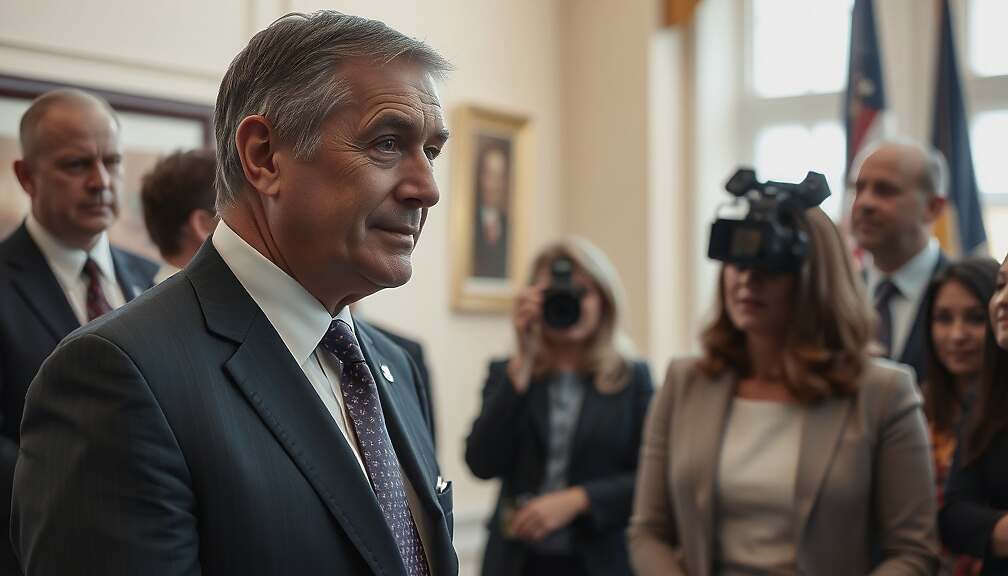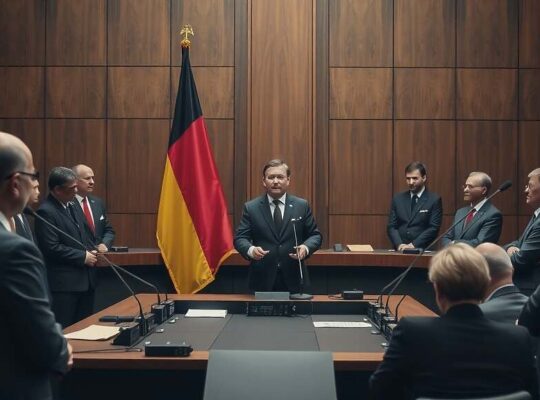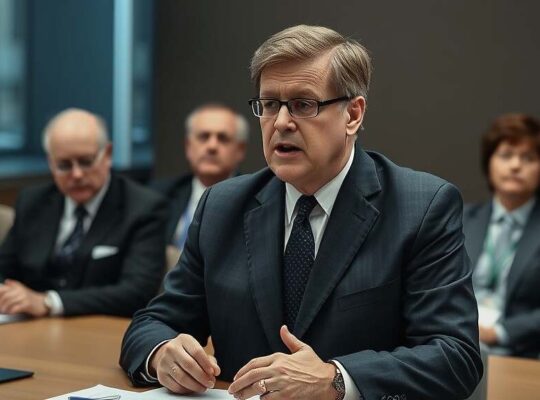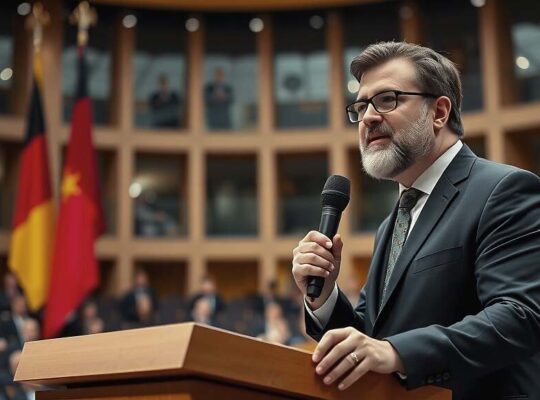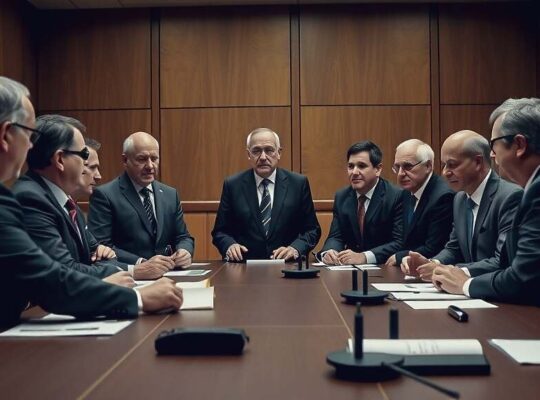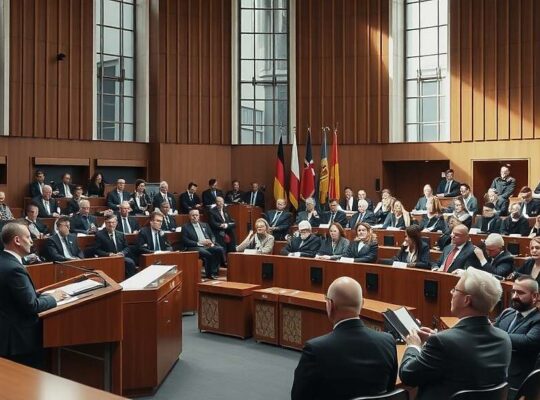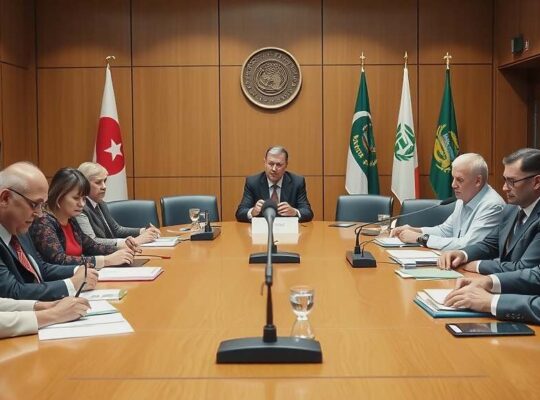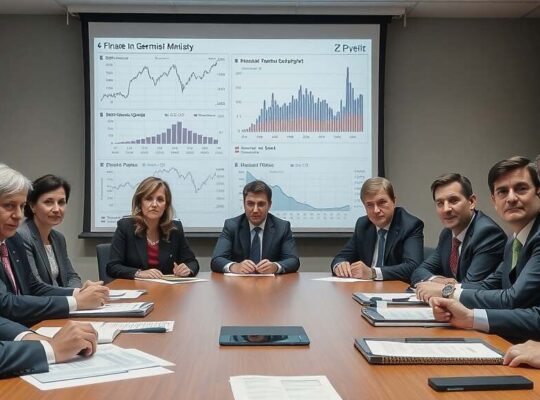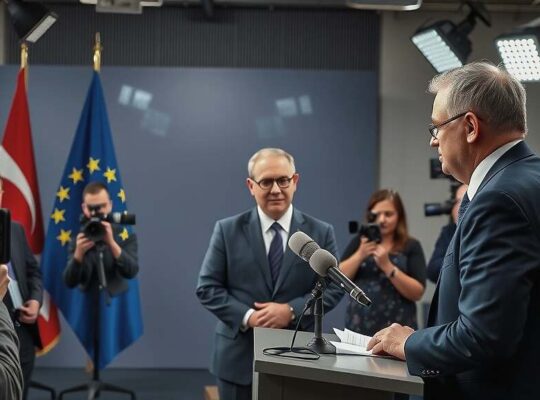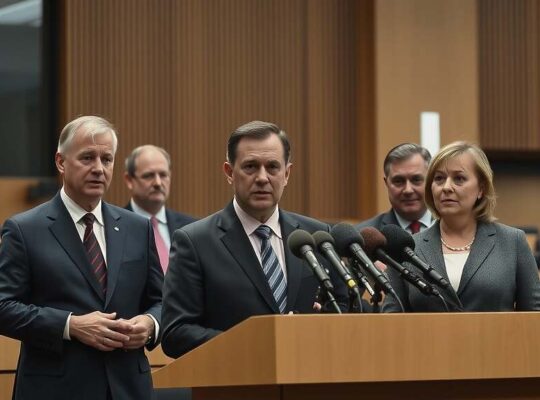The political landscape in Germany is facing a growing crisis of confidence as Hendrik Wüst, Minister-President of North Rhine-Westphalia, calls for a comprehensive overhaul of the state apparatus. In an interview with “Welt” Wüst highlighted a concerning trend: nearly three-quarters of German citizens have lost faith in the government’s ability to address pressing issues and this disillusionment is accelerating.
Wüst characterized the situation not as a full-blown state crisis, but as a perceived “state dysfunction crisis” – a particularly damaging perception considering the unprecedented scale of global and societal challenges demanding robust political action. He emphasized the urgent need for a collaborative effort across all levels of government to restore functionality and rebuild trust.
A central element of this effort is a planned “Modernization Agenda” to be formally adopted at a conference with Chancellor Friedrich Merz (CDU) on December 4th. This agenda, Wüst argues, represents an opportunity for a “liberating leap” for the German economy and administration, injecting much-needed speed and renewed public confidence in the state’s capacity for action.
Prior to the formal adoption, Wüst plans to convene a conference in Berlin on December 1st, featuring a panel of influential figures including former Federal Finance Minister Peer Steinbrück (SPD), ex-Chancellor’s Office Minister Thomas de Maizière (CDU) and former publishing executive Julia Jäkel. This forum aims to foster a “genuine shift in mindset” amongst stakeholders, recognizing that successful modernization demands a willingness to embrace unconventional approaches and dismantle bureaucratic inertia.
While the initiative holds promise, skepticism remains about the ambitious scope of the proposed reforms and the political will to implement them. Critics question whether a top-down agenda, spearheaded by the CDU, can genuinely address the systemic issues contributing to public disillusionment. The inclusion of figures like Steinbrück and de Maizière, while offering diverse perspectives, also raises questions about the potential for entrenched political ideologies to hinder meaningful change. Ultimately, the success of this modernization effort will hinge on whether policymakers can translate rhetoric into tangible action and demonstrate a commitment to a more agile, responsive and accountable state.


